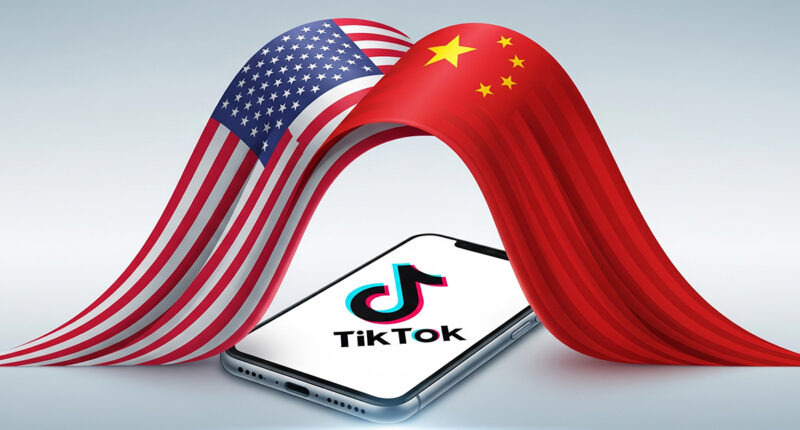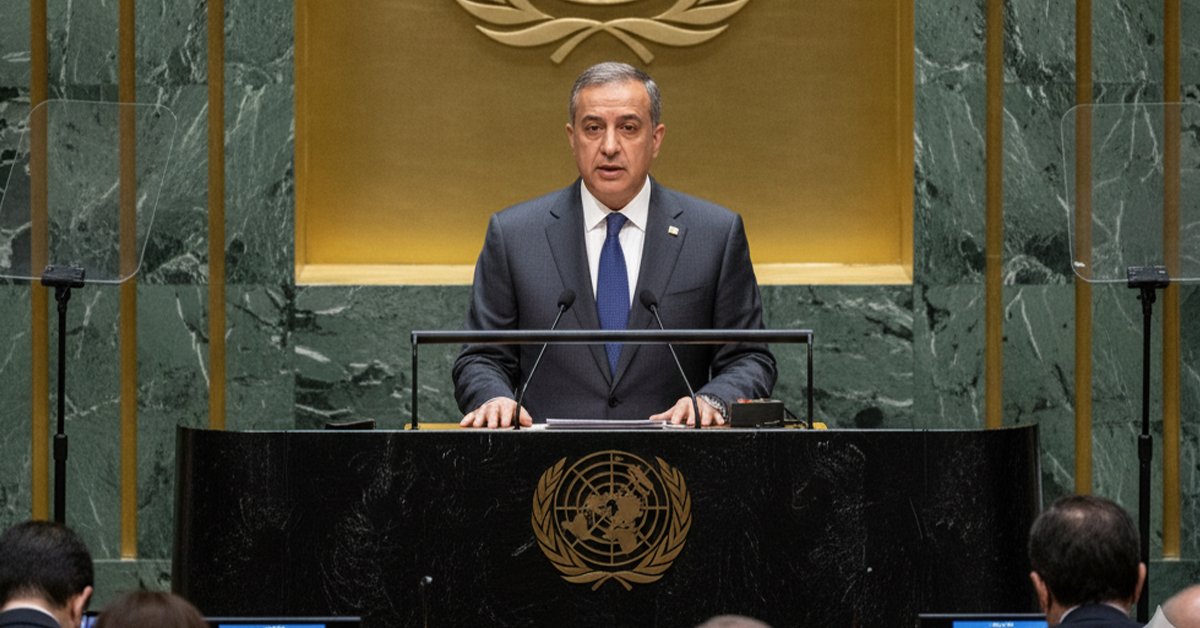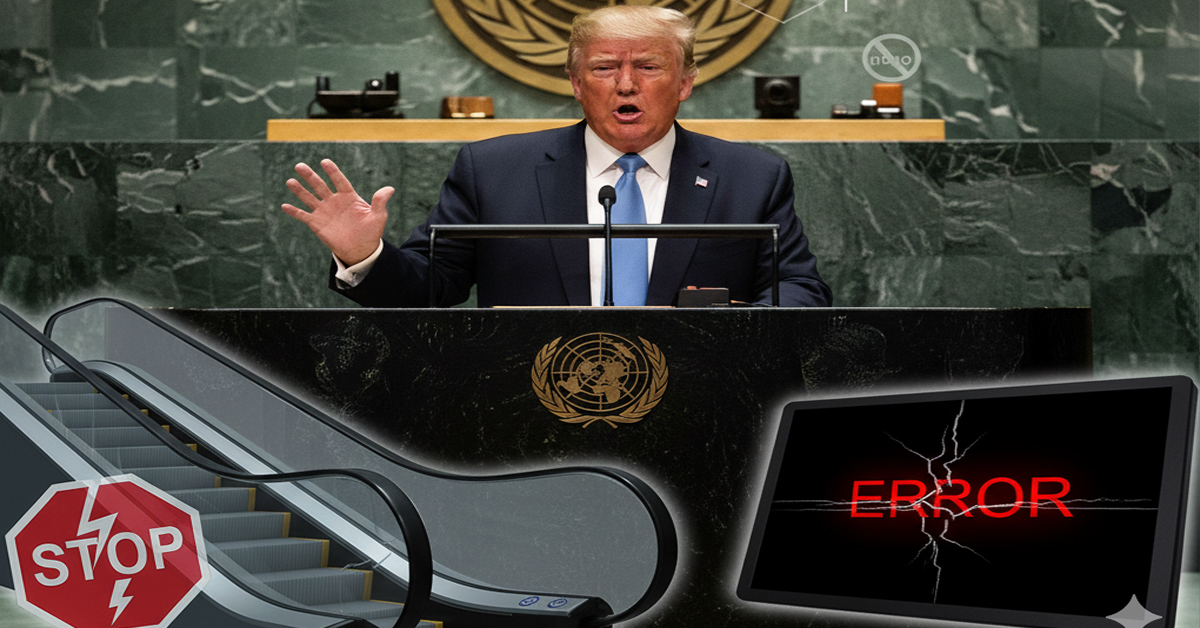In a significant development that could reshape the future of the global tech landscape, the United States and China have reached a framework agreement on the ownership of the wildly popular social media platform, TikTok. This announcement, made by U.S. Treasury Secretary Scott Bessent, signals a potential resolution to a long-standing and highly contentious dispute that has become a defining battleground in the broader U.S.-China relationship.
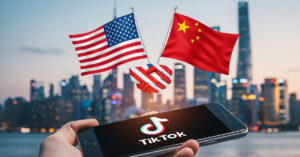
The core of the deal, as described by Bessent on September 15, is a transition to “U.S.-controlled ownership.” This move would allow TikTok to continue its operations in the United States, a crucial market where the app has captivated a massive audience, particularly among young people. The agreement provides a path forward, avoiding the outright ban that has been repeatedly threatened by U.S. lawmakers and the White House.
For years, TikTok has been at the center of a geopolitical firestorm. The app’s parent company, the Chinese-based ByteDance, has been under intense scrutiny from U.S. officials who raised serious national security concerns. Lawmakers and intelligence experts have voiced fears that the Chinese government could leverage its influence to compel ByteDance to hand over sensitive American user data or to manipulate the platform’s powerful algorithm to spread propaganda and disinformation. These concerns were codified in a law passed by Congress last year, which mandated that ByteDance divest its U.S. operations or face a nationwide ban.
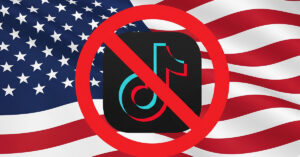
The negotiations that led to this framework agreement were part of broader trade talks between the two nations in Madrid. The fact that the TikTok issue was a central point of discussion underscores its importance to both sides. For the U.S., the deal represents an attempt to balance national security concerns with the interests of American users and the potential for a massive disruption to a major tech platform. For China, it’s a bid to resolve a key point of friction and protect the global reach of one of its most successful tech exports.
The road to this agreement has been a winding one, marked by multiple extended deadlines from the Trump administration. The most recent extension was set to expire just days after the announcement, putting immense pressure on negotiators. The successful outcome of these talks, which are set to be finalized in a conversation between President Trump and Chinese President Xi Jinping, is a testament to the willingness of both sides to find a compromise.
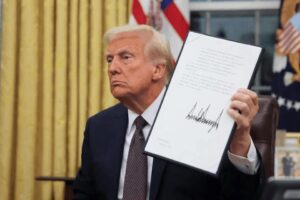
While the exact commercial terms of the deal remain confidential, the framework suggests a shift in control that would address a key American concern while potentially allowing ByteDance to retain a non-controlling interest. The future of TikTok in the U.S. now hinges on the successful execution of this agreement. The deal, if finalized, would not only secure the app’s presence but also establish a precedent for how future disputes over data, technology, and national security will be handled between the world’s two largest economies.
